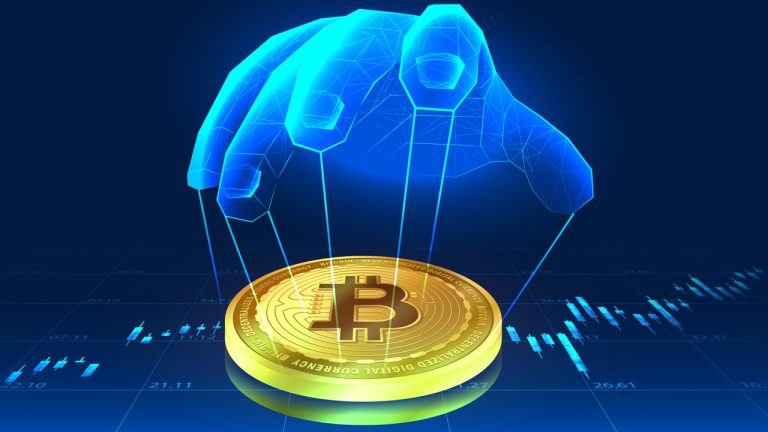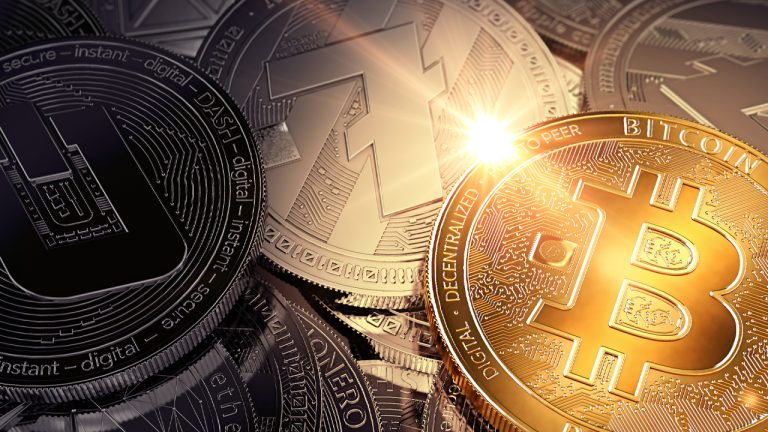
The Dfinity chief said that Internet Computer would prove to be a boon for the blockchain industry, which is currently dependent on centralized systems like Amazon Web Services.
The Web3 ecosystem is built on the principles of decentralization; however, most aspects of the ecosystem are still relatively centralized. Be it metaverse servers or nonfungible tokens (NFTs), several blockchain ecosystems are entirely based on centralized servers from the likes of Amazon Web Services (AWS).
Thus, these ecosystems face several vulnerabilities that come with centralization. However, Dominic Williams, founder of Dfinity, believes the Internet Computer blockchain can change that for good.
In a conversation with Cointelegraph journalist Zhiyuan Sun during the Ethereum Community Conference (EthCC), Williams explained that with the use of smart contracts, Internet Computer would remove any human backdoors making the next generation of the protocol truly autonomous and decentralized.
Internet Computer is a set of protocols that allow independent data centers worldwide to band together and offer a decentralized alternative to the current centralized internet cloud providers.
Williams noted that Internet Computer will be key to replacing centralized servers such as AWS. He said:
“We want people to replace that centralized systems with canister smart contracts on the internet computer. It’s like an evolution of Dao technology, so the whole thing is secured, secure, decentralized and autonomous. We want to see this centralized stuff Amazon Web Services replaced by the Internet Computer.”
Williams went on to discuss the possibilities that Internet Computer can open for the blockchain world. He noted that small countries and projects wouldn’t have to build wallets and could simply integrate Internet Computer with the Bitcoin network to start transactions. He explained that its “smart contracts can create Bitcoin addresses, receive and send Bitcoin, while the complexities of UTXOs [unspent transaction outputs] is hidden.”
Related: Web3 usernames may see greater adoption due to recent advancements
While discussing the aspects of internet computers and how it would differ from the traditional architecture, William noted that smart contracts have the potential to “eat software,” suggesting that the computer smart contracts have the potential to replace things like web servers, Kubernetes, databases, and many other traditional IT stack today.
DFINITY Foundation is a not-for-profit science and technology organization and a major contributor to the Internet Computer blockchain. The foundation recently announced the $5 million decentralized artificial intelligence (DeAI) grant to support projects leveraging AI on ICP.
Magazine: Web3 Gamer: Apple to fix gaming? SEC hates metaverse, Logan Paul trolled on Steam.

























